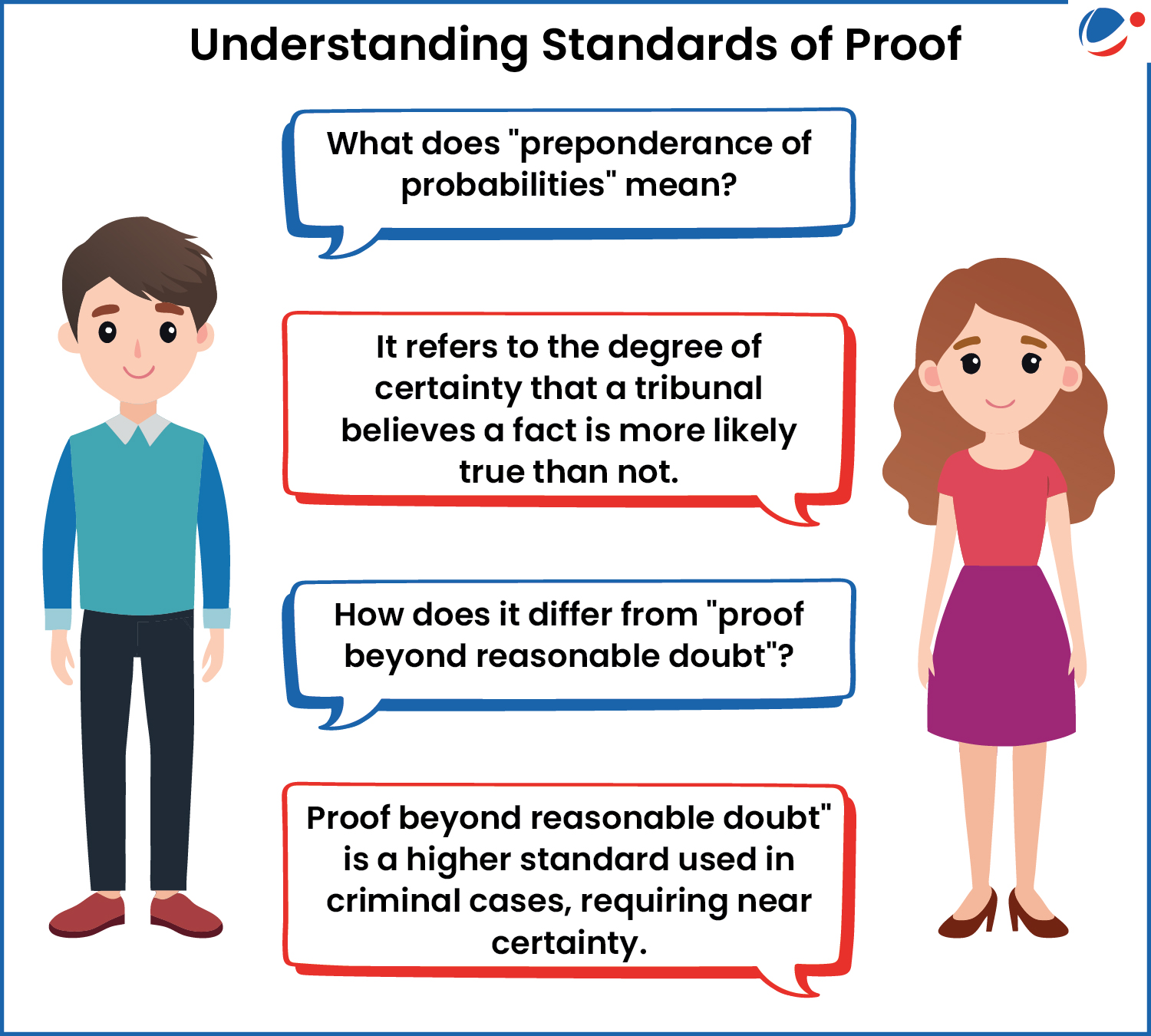SC upheld quashing of nearly 25,000 staff appointments by West Bengal School Selection Commission (SSC) in 2016, while laying down 4 key principles for courts to consider in government employment appointment challenges.
Four Key Principles laid down in State of West Bengal vs. Baishakhi Bhattacharyya (Chatterjee)

- Entire exam result be cancelled if in-depth inquiry signals fraud in process: This principle is based on Sachin Kumar and Others v. Delhi Subordinate Service Selection Board (DSSSB) judgment of SC.
- Exception: However, if possible, segregation of tainted & untainted candidates should be carried out in alignment with equity (Under Article 16(1) and 14).
- Decision to cancel selection en masse must be based on satisfaction derived from sufficient material collected through fair and thorough investigation.
- Material doesn't need to prove malpractice beyond doubt, but should show reasonable certainty of systemic issues, using a probability test.
- If deep manipulation in the process is proven, the purity of the process must take precedence over any inconvenience caused to untainted candidates.
- Individual notice and hearing may not be required when facts prove that the entire selection process is tainted with large-scale illegalities, for practical reasons.
- For the last three principles the court placed reliance on the decision of the State of Tamil Nadu and Another v. A. Kalaimani (2021).
Relevant Case Laws on Cancellation of Selection Process
|





